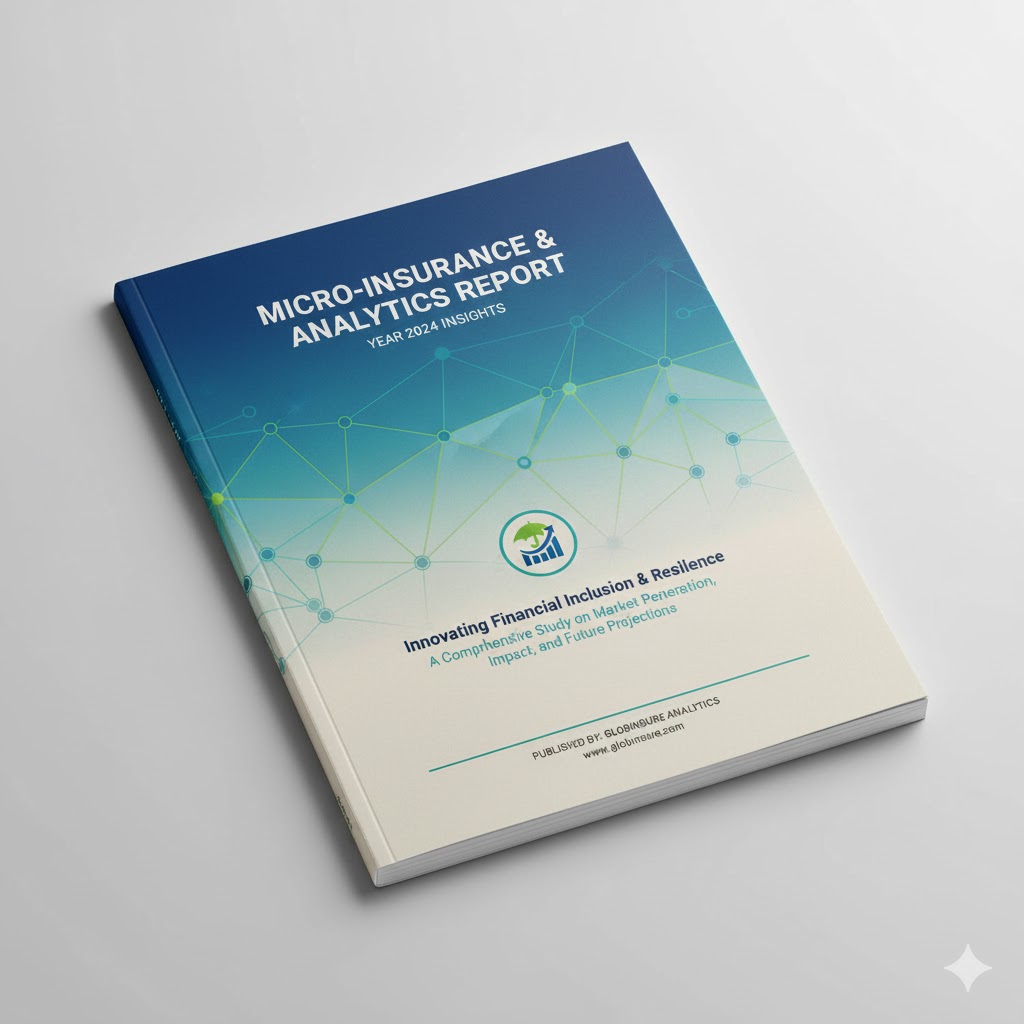Displaying 1 - 10 of 10

ACRE Africa provides micro-insurance products to strengthen farmer resilience
ACRE Africa partners with insurers to offer affordable index-based crop insurance to smallholder farmers. Uses weather stations and satellite rainfall data to trigger payouts automatically.
Date d'émission
2021
Sujets
Sujet (Produit)
Région

Bringing Health Microinsurance to Kenyans via Mobile Phone
Kenya-based pilot that bundled hospital cash, digital loans, and mobile health tools to increase access and affordability. MicroEnsure piloted Fearless Health by combining hospital cash benefits with mobile-enabled digital health loans to support underserved Kenyan populations.
Date d'émission
2018
Sujets
Sujet (Produit)
Région

Case brief: FASECOLDA
Case brief: FASECOLDA. This entry presents the activities led by the Federation of Colombian Insurers (Fasecolda) to strengthen inclusive insurance in Colombia. It covers efforts in financial education, technical training, regulatory engagement, and the promotion of innovative products for underserved segments. The case demonstrates how institutional leadership and coordinated action have advanced capacity building and inclusion in the Colombian insurance sector.
Date d'émission
2020
Sujets
Sujet (Produit)

Enhancing Agricultural Productivity through Yield Estimation Initiatives in Partnership with the Farm-to-Market Alliance
Details ACRE Africa & FtMA project in Kenya to improve crop index insurance using geo-mapped yield data and local training.
Date d'émission
2024
Sujets
Sujet (Produit)
Région

IFC Inclusive Business Case Study: MicroEnsure
MicroEnsure bundled insurance with mobile loans and airtime in 15 countries. By 2016, this model had scaled to reach over 40 million clients and included 200+ insurance products. It illustrates a high-impact approach to mobile-enabled microinsurance delivery with large-scale outreach.
Date d'émission
2016
Sujets
Sujet (Produit)

InsuResilience Solutions Fund – Development of an Insurance Programme for Public Schools in Peru
Public-private partnership to insure 50,000+ Peruvian public schools against natural disasters with parametric payouts. Led by APESEG and ISF with support from IDF, AXA XL, and Munich Re.
Date d'émission
2021
Sujets
Sujet (Produit)

Making Microinsurance Work, Scale2Save Learning Paper
Making Microinsurance Work: This learning paper by Scale2Save explores the challenges affecting the uptake of microinsurance across emerging markets. Drawing from real-world case studies in Côte d'Ivoire and Nigeria, it identifies key barriers and presents practical strategies to boost adoption. The report highlights innovative distribution approaches, customer education tactics, and partnership frameworks that drive scale and sustainability for inclusive insurance services.
Date d'émission
2021
Sujets
Sujet (Produit)
Région

Microinsurance and Social Protection: Fiji Country Case Study
WFP and UNCDF piloted cyclone parametric insurance in Fiji for ~325 vulnerable households. This macro–micro model enabled payouts via mobile wallets within 3–5 days after disasters, offering financial protection to the poorest social welfare recipients.
Date d'émission
2023
Sujets
Sujet (Produit)
Région

Promoting access to insurance for people with disabilities and small and micro entrepreneurs – The case of El Salvador
In El Salvador, most small farmers and micro-entrepreneurs face frequent economic and climate shocks without adequate insurance. To bridge this gap, the World Food Programme and local partners are piloting an innovative insurance solution covering over 950 farmers and micro-entrepreneurs (46% women) against business interruption caused by excess rainfall, drought, or earthquakes.
Date d'émission
2021
Sujets
Sujet (Produit)

The Growth of Inclusive Insurance in Zambia
Details how Zambia created an inclusive insurance ecosystem through coordinated efforts and industry-wide stakeholder engagement. Zambia's Technical Advisory Group (TAG) led a structured process to align stakeholders, catalyze innovation, and grow the microinsurance market.
Date d'émission
2016
Sujets
Sujet (Produit)
Région
